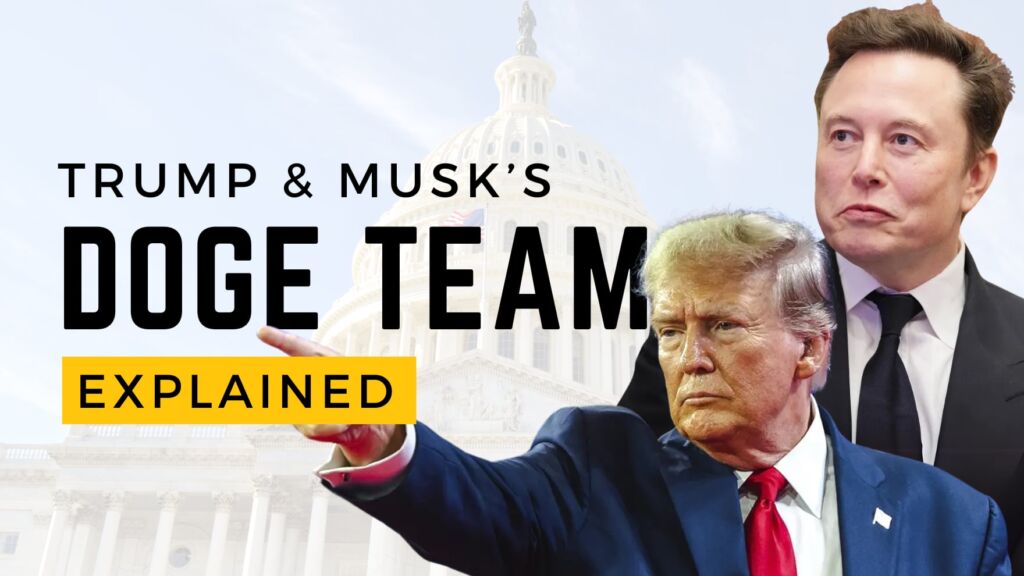The Family and Medical Leave Act (FMLA) provides certain employees with up to 12 weeks of unpaid, job-protected leave annually for specific family and medical reasons. Designed to help employees balance their family and work responsibilities, the FMLA allows individuals to take reasonable unpaid leave while also allowing employers to maintain their group health benefits. If an employer breaches their legal duty under the FMLA, they may be liable for their actions.
Our team at The Spiggle Law Firm has the knowledge and experience to thoroughly evaluate your circumstances, explore every possible legal solution, and assist you in pursuing the appropriate action to receive the best possible outcome. We have years of experience protecting Washington D.C. residents’ rights and holding employers accountable for their unlawful actions.
Who Is Covered Under the Family Medical Leave Act?
The Family and Medical Leave Act (FMLA) applies to private employers with 50 or more employees, all public agencies, and schools. These entities must provide up to 12 weeks of job-protected leave each year for employees who meet the following criteria:
- Worked for the employer for at least 12 months
- Worked at least 1,250 hours during the previous 12 months immediately preceding the start of the FMLA leave
- Worked at a location where the employer has 50 or more employees within 75 miles
If an employee meets the above conditions, they are able to request up to 12 weeks of unpaid leave for any of the following reasons:
- For the birth and care of a newborn child
- For the placement of a child for adoption or foster care
- For the care of an immediate family member (spouse, child, or parent) with a serious health condition
- For the inability to work due to a serious health condition
- For qualifying demands arising from the fact that the employee’s spouse, child, or parent is on active duty or has been called to active duty as a member of the National Guard or Reserves
An essential factor to note is that the FMLA provides job protection during the leave period, and eligible employees are entitled to return to their same or an equivalent position after their leave ends. However, FMLA leave is unpaid, and therefore employers are not required to provide paid time off during this leave.
How Can Employers Interfere With the FMLA?
An employer must abide by the FMLA when an employee meets the criteria and has a justifiable reason. Unfortunately, many employers try to limit or interfere with the FMLA and their employees’ protected leave. The following are a few examples of ways they may try to discourage or stop their employee from taking FMLA:
- Talking an employee out of taking time off
- Threatening an employee for seeking FMLA leave
- Suggesting job loss if an employee takes FMLA leave
- Demanding more notice than FMLA standards
- Denying FMLA leave that should have been granted
- Miscounting hours worked for FMLA eligibility
- Pestering you to shorten your leave
- Cutting off your insurance from the company
- Delaying your return to work
- Placing you in a different role on your return
- Withholding benefits after you return to work
If an employer is trying to stop you from taking FMLA leave or interfering with your FMLA rights, speak with a Washington D.C. lawyer about your rights and circumstances. By informing them about your situation, they can identify what steps you should take to protect your rights.
What Can You Do If Your Employer Denies You Leave Under FMLA?
The first course of action is to review your eligibility and ensure you qualify for the FMLA. If you qualify for FMLA and your employer continues to disregard or interfere with your request, you will want to request an explanation and seek legal advice. By requesting a written explanation of their denial, you will have documentation of their stance. If they refuse to explain their refusal, you also have documentation of your request for an explanation.
Your FMLA lawyer will evaluate their interference, your rights, and any evidence before offering the best course of action. Going up against an employer trying to deny your FMLA is challenging without the representation of a professional attorney. When your employer interferes with your request, immediately contact a Washington D.C. FMLA attorney for guidance.
Contact an Experienced Washington D.C. FMLA Lawyer at The Spiggle Law Firm
When an event requires you to take protected leave, navigating interference from an employer is incredibly frustrating. By partnering with The Spiggle Law Firm, you will gain professional attorneys ready to fiercely advocate for you and your rights. We have decades of combined experience fighting for clients with challenging employment law issues. Our devotion to justice and fair treatment drives our team to provide compassionate and client-tailored representation.
Our proven process of success and commitment to our community allows us to work hard to be able to provide you with the best possible outcome for your case. Speak with our Washington D.C. lawyers about how we may be able to help you by calling (202) 449-8527 or completing our contact form today.





